Mourning the Fire
10/27/2017 01:55:01 PM
Over the past week, I came to the realization that the dominant framework for what we are all experiencing after the fires is loss, grief and mourning, as if someone or something died.
When we lose a loved one, shock and bewilderment come first. Next, comes brain fog – “Why can’t I think straight!” –, an inability to concentrate and a sensation of being out of focus, or bogged down in the mud. Then comes irritation that the world seems indifferent, chugging along like it always does, and finally “the blues” sets in, taking up residence in our bodies, a spiritual flu, almost as debilitating as a physical flu but without the physical warning signs or symptoms.
Humans are not monolithic; we all experience loss in our own way, but anyone who has lost a loved one, or suffered from some other kind of loss like a divorce or a natural disaster, will be familiar with at least some of the feelings I’ve mentioned.
Jewish tradition knows quite a bit about loss and mourning and can be helpful in providing a framework, a container for our collective grief. According to our tradition, mourning is a process that takes time. Judaism even offers a timeline for our experience. The key numbers to remember are seven, thirty and eleven. Seven or shiva in Hebrew stands for the first week, which is considered the most difficult time in the process. Traditionally, mourners do little in that first week other than be with their feelings, the community providing food, prayer and comfort. The next 30 days (sheloshim) is also considered a difficult time, but the mourner is encouraged to ease back into most aspects of normal life. It’s not until the 11th month after the loss, the traditional time for the unveiling of the tombstone or memorial marker, that the official mourning process ends.
We can learn a lot from the traditional guidelines. Our ancestors went through “the valley of the shadow” many times and somehow made it out the other side. They passed the wisdom of their experience on to us. Why not benefit from it?
For example, it is helpful to know that our recovery and healing is not going to happen overnight; it will take months if not years to complete. We are going to have down days for a while, and we are likely to cycle through the other stages and emotions of mourning a number of times. Mourning is not a linear process but more like a spiral: just when you think you’re done being angry (or sad, or incredulous, etc.), the whole process begins again.
Within the framework, Judaism also offers actions to take, like lighting a Shivah candle that burns the first seven days after someone dies and the Yahrziet candle lit on the anniversary of a death. There are also prayers to recite, like the Mourners Kaddish, which we are told to say as part of a minyan (at least 10 adults) and not by ourselves, or Yiskor, a service dedicated to remembering the dead. These actions (mitzvot) help us create and maintain a space where we can be present with our feelings in a safe and supportive way. Since at least some of them are done in community, they also offer a safety net against getting lost in our grief all together.
While all the details of what our tradition teaches regarding the death of a loved one might not make sense in our situation, the concepts do. We may not want to light a candle of any kind in response to the fires, but finding some ritualized way of remembering the fire will be helpful. Often when we feel blue we want to isolate ourselves, but our tradition in its wisdoms teaches that this is precisely the time to be in community (remember you need a minyan to say Kaddish).
Our hearts goes out to all those affected by the fire, especially the 30 Shomrei Torah families that lost their homes. We are deeply saddened by the death of longtime member and past president, Marnie Schwartz. As your rabbis, Rabbi Stephanie and I are committed to continue to find ways for Shomrei Torah to be a place of recovery and healing for everyone.



